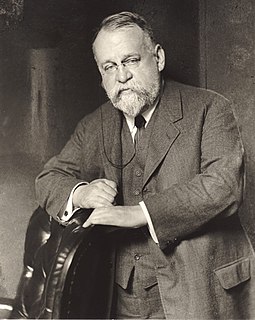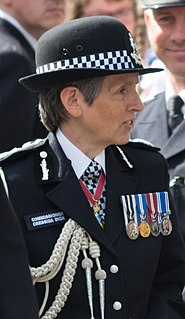A Quote by Rohini Nilekani
Putting a climate change lens on policy making offers a huge opportunity to make smart decisions about India's future.
Related Quotes
We now know that climate action does not require economic sacrifice. This is fully in line with the World Bank Group's findings. It is up to all of us to make smart policy choices that will help combat climate change. For example, putting a price on carbon is a necessary step and could drive resources and investments to a cleaner economy.
Despite the insanity of using whether you would want to have a beer with someone as a legitimate reason for voting for or against them, I always felt that is indicative of a massive problem in politics: It matters as much what your personality is as how smart you are or how good you are at your job. That is a huge, huge problem. A lot of people who are very smart or very good at their jobs are not people I would want to ever have a beer with - but I would want them making massive policy decisions with huge implications for the future of the planet.
In 1977, when I started my first job at the Federal Reserve Board as a staff economist in the Division of International Finance, it was an article of faith in central banking that secrecy about monetary policy decisions was the best policy: Central banks, as a rule, did not discuss these decisions, let alone their future policy intentions.
We need policy change, and the most important thing people can do is to contribute and participate in the political process. We have to vote climate change deniers and people who will create subsidies for the fossil fuel industry out of office. We have to protest when bad decisions are being made about fracking or tar sands.
Foreign policy is now a huge field. It isn't just people who are studying political science. There are so many aspects to it in terms of understanding hard science for people who are studying climate change, or people who are interested in health policy or food security, or people who care about education.
If we can create a climate among people that says that any serious candidate for president, Senate, governor, [the] House is going to have to talk about income inequality, raising wages in America, trade policy - that's a huge success. It's not putting pressure on a candidate. It's mobilizing people.
That is the great thing about policing, you do have a lot of responsibility very early and you have got to make decisions, sometimes life and death decisions, very quickly and there is something about putting a uniform on and thinking 'people are looking to me to make decisions and to look after them' that makes you feel capable.





































